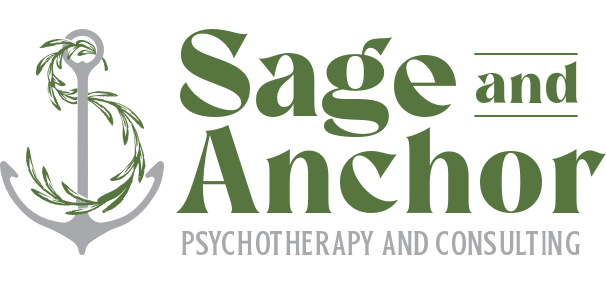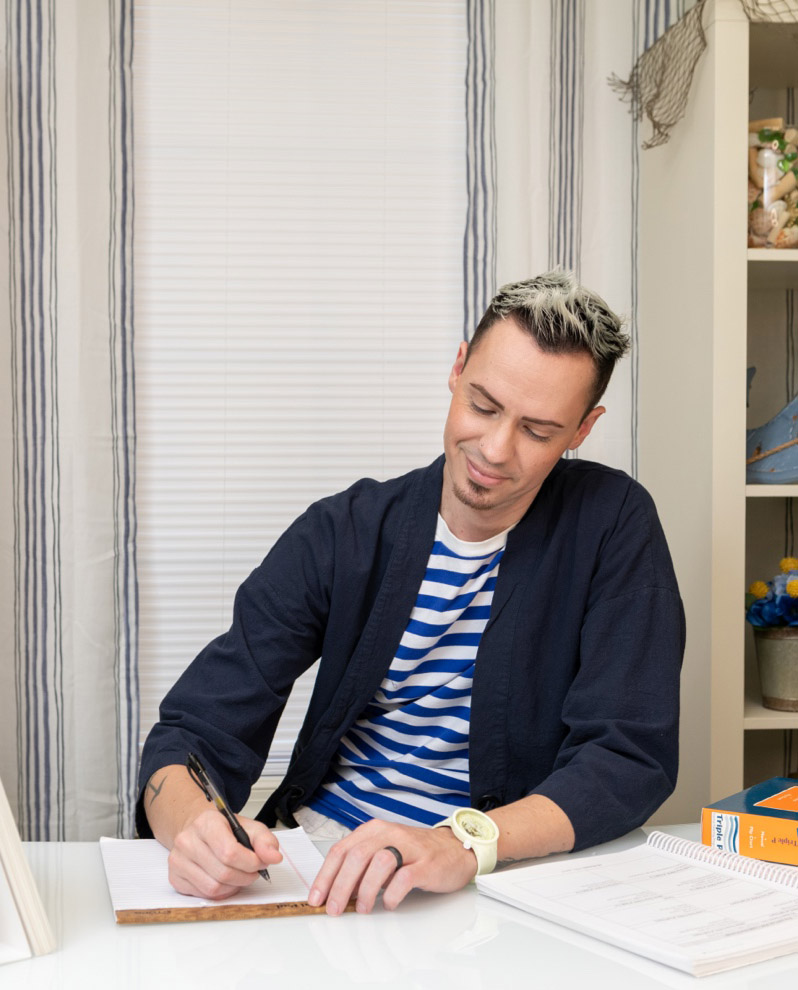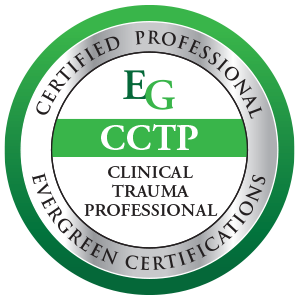Strengths-Based Approach to Therapy
When it comes to helping our teens and young adults overcome difficult challenges, parents and caregivers may feel overwhelmed and unsure of what to do.
Traditional treatment approaches often focus on identifying and addressing weaknesses or deficits, but a strengths-based approach to therapy can be an effective alternative for helping clients reach their goals.
A strengths-based therapeutic approach focuses on building upon the positive attributes that are already present in your child’s life. Rather than focusing solely on areas of difficulty or weakness, this type of approach encourages clients (and parents) to recognize existing skills and potentials that can help them work towards achieving their goals. It also helps clients to assess and evaluate how and when they are using these skills, to better determine what adjustments may be made in order to increase the likelihood of success. This process helps build self-esteem by emphasizing individual strengths rather than deficits or problems, and fosters a more resilient attitude by emphasizing hope and teaching clients how to learn from their experiences.
The goal in using a strengths-based approach in the therapeutic relationship is not only to reduce unwanted behaviors and symptoms, but also for problem solving as well.
Through the process of helping clients recognize the traits that they have developed throughout difficult life experiences, such as demonstrating resilience in times of stress or adversity, clients can gain a greater understanding of how to apply these skills and strategies when faced with difficulties later down the line. For example, a client may discover that they are excellent at helping friends work through emotional conflicts, and that they can actually use these skills (e.g. validation, problem clarification, pros and cons, evaluating resources) in situations where they themselves feel stuck.
Therapists who adopt a strengths-based approach, such as those you will find at Sage & Anchor, will use interventions like Solution-focused therapy, Problem-solving techniques, Self-Advocacy skills, and Behavioral Chain Analysis in their work with clients. Incorporating these interventions in therapy allows clients to make the switch from a passive/worry stance where they often get stuck dwelling over the issues, to taking an active/confident stance where they can work to define the issue, weigh possible solutions, and effectively use the resources around them.
By taking a strength-based approach, Sage & Anchor is helping to provide an environment where success is achievable no matter what obstacles stand in front of it. We have seen this lead to improved client outcomes in terms of increased self-esteem and respect, reduced levels of anxiety in the face of challenges, willingness and confidence in asking for support, and follow-through in working towards both short- and long-term goals. At Sage & Anchor we recognize that each client has a unique set of talents, abilities, skills, and interests that are incredibly meaningful, and a powerful source of energy for helping clients thrive.



